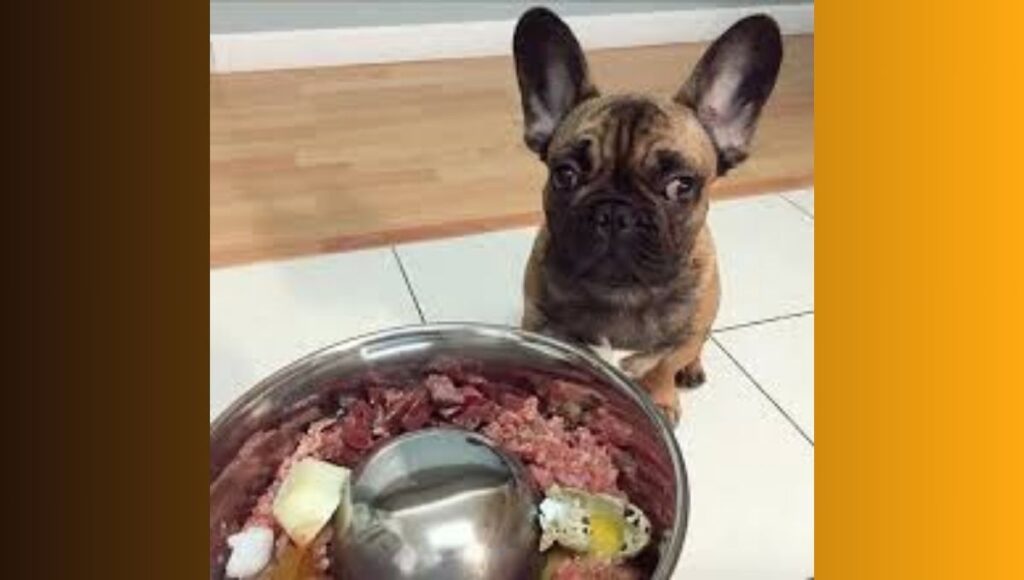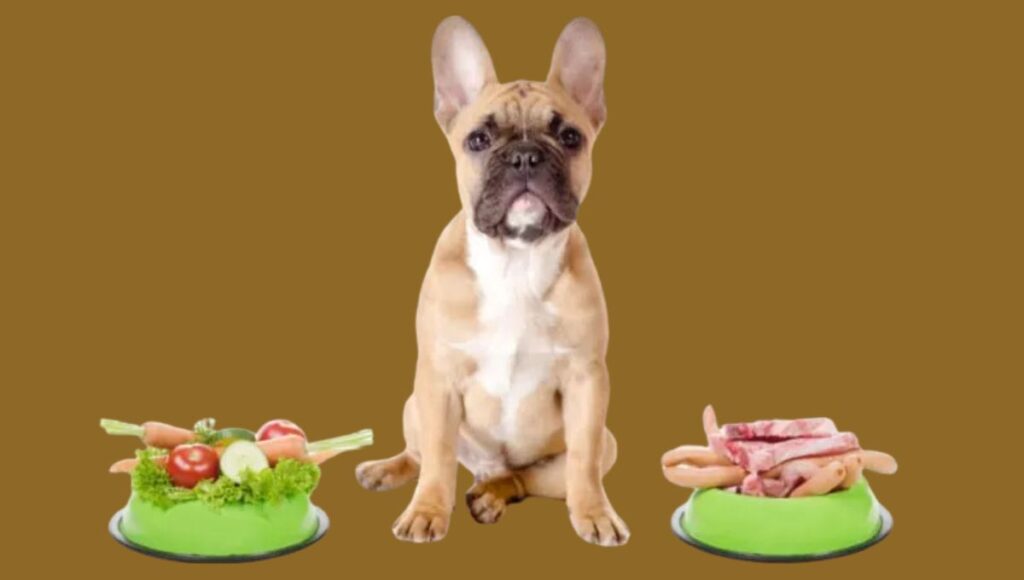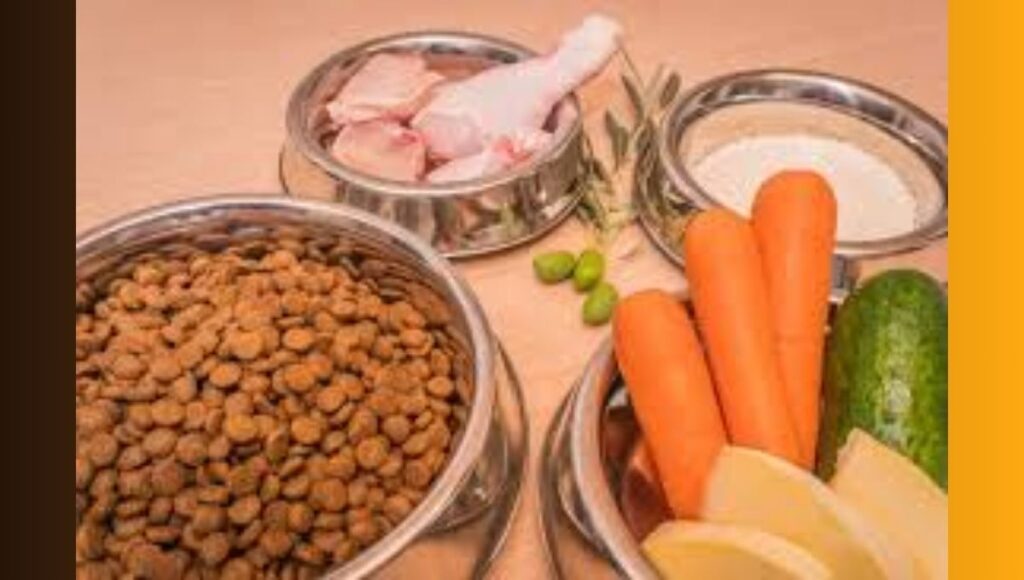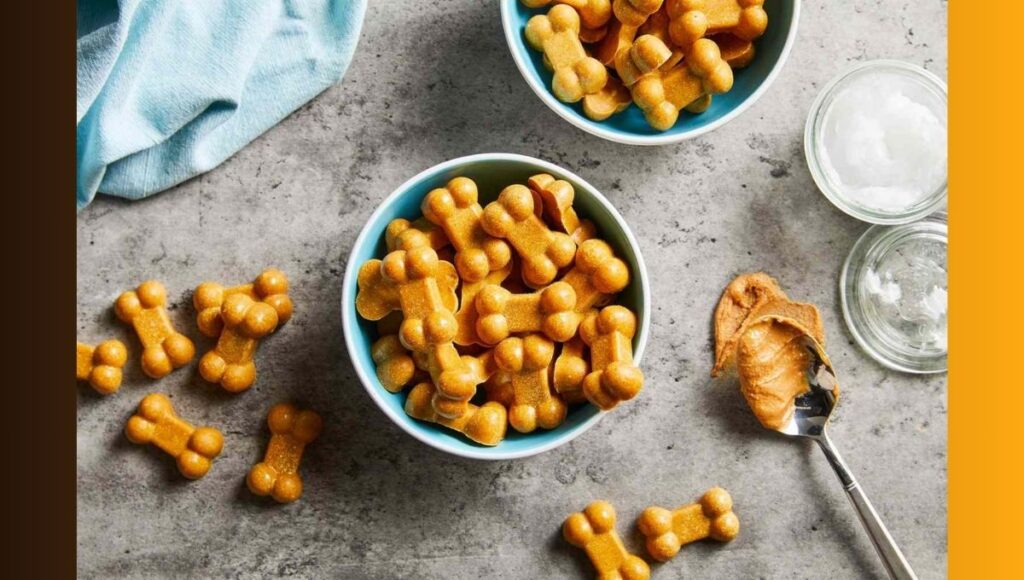French Bulldog Food: Discover What They Truly Need!
Few breeds capture hearts quite like the French Bulldog With their bat-like ears and charmingly expressive faces. These little bundles of joy have become a favorite among dog lovers worldwide. But while their playful spirit and affectionate nature make them delightful pets, ensuring they receive the right nutrition is essential for their health and happiness. Enter the world of French Bulldog food, a topic that not only encompasses what to feed these dogs but also delves into how diet impacts their unique physiology.
What Can French Bulldogs Eat
When considering what French Bulldogs can eat, it’s essential to prioritize their unique dietary needs. These lovable companions often have sensitive stomachs, so opt for high-quality dog food specifically formulated for small breeds. Look for ingredients that emphasize real meat as the primary protein source, such as chicken or lamb. Incorporating complex carbohydrates like sweet potatoes and brown rice provides energy without causing digestive disruptions.
French Bulldog Food Puppy

When it comes to choosing the right food for your French Bulldog puppy, it’s essential to focus on high-quality ingredients that support their unique needs. These little bundles of joy have specific dietary requirements due to their brachycephalic (flat-faced) structure and penchant for obesity. Look for premium kibble that features real meat as the first ingredient, along with a balanced mix of carbohydrates and healthy fats. Consider options enriched with omega fatty acids to promote skin health and a shiny coat.
Best Dog Food For French Bulldog With Allergies
When selecting the best French Bulldog Food with allergies, it’s crucial to focus on high-quality ingredients that cater to their unique dietary needs. Look for grain-free formulas rich in novel protein sources, such as duck or lamb, which can help minimize allergic reactions. Incorporating limited ingredient diets can help pinpoint specific triggers by reducing the number of potential allergens introduced into their systems.
Best Food For French Bulldogs With Sensitive Stomach

When selecting the best French Bulldog Food with sensitive stomachs, it’s essential to consider both their unique dietary needs and the types of ingredients that promote digestive health. A great starting point is opting for high-quality, limited-ingredient formulas that minimize potential irritants. Look for proteins like turkey or fish, which are less likely to trigger sensitivities compared to more common sources like beef or chicken. Ensuring a diet that’s rich in easily digestible carbohydrates, such as sweet potatoes or brown rice, can provide essential nutrients without overwhelming their delicate systems.
Best Dry Food For French Bulldog Puppy
When selecting the best dry food for your French Bulldog puppy, it’s essential to consider their unique nutritional needs. Frenchies are known for their compact bodies and sensitive digestive systems, so opting for a high-quality kibble specifically formulated for small breeds can make a significant difference in their growth and overall health. Look for puppy formulas rich in protein from reputable sources like chicken or fish, as these will support muscle development while providing the energy they need to be playful and curious.
Best Food For Frenchie

When selecting the French Bulldog Food, it’s vital to prioritize high-quality ingredients that cater specifically to their unique dietary needs. Given their propensity for weight gain, opting for foods that are rich in protein but lower in carbohydrates is essential. A diet featuring lean meats like chicken or turkey can support muscle maintenance while helping to keep those adorable rolls at bay. Incorporating omega fatty acids from sources such as fish oil can promote healthy skin and a shiny coat, combating the breed’s common sensitivity.
Homemade VS Store Bought Dog Food
When it comes to feeding your French Bulldog, the debate between homemade and store-bought dog food is more relevant than ever. Homemade meals allow you to have complete control over ingredients, ensuring that your furry friend gets a balanced diet tailored specifically to their dietary needs. Adding fresh vegetables like carrots or sweet potatoes can provide essential vitamins without unnecessary fillers.
Store-bought dog food offers convenience and consistency that homemade options may lack. Many reputable brands invest in extensive research and quality control to ensure their products meet nutritional standards. For busy pet owners, spending hours in the kitchen might not always be feasible store-bought solutions often come fortified with all necessary nutrients right out of the bag.
Best Food For Dog Weight Loss
When considering the best food for dog weight loss, particularly for breeds like the French Bulldog, it’s crucial to focus on high-quality, nutrient-dense options that promote a healthy metabolism. Look for dog foods that contain lean proteins such as chicken or fish, as these not only support muscle retention during weight loss but also keep your pup feeling full longer. Incorporating fiber-rich vegetables like sweet potatoes or green beans can help curb hunger while providing essential vitamins and minerals.
Good Healthy Snacks

When it comes to selecting snacks for your French Bulldog that align with their nutritional needs, think beyond the usual treats. Fresh fruits like blueberries and apple slices can provide a delightful crunch while also delivering antioxidants essential for overall health. These bite-sized goodies not only satisfy your pup’s cravings but also support heart function and cognitive agility.
How Much Water A Dog Should Drink
Understanding how much water your dog should drink is essential for their overall health, particularly for breeds like French Bulldogs that can be prone to certain health issues. Generally, dogs should consume about one ounce of water per pound of body weight each day; however, this can vary based on factors such as age, activity level, and diet. For instance, a dog that eats dry kibble may require more hydration compared to one fed moist food or fresh French Bulldog food containing high moisture content.
Conclusion
Providing the right food for your French Bulldog is essential for their overall health and well-being. With their unique nutritional needs, it’s important to choose high-quality dog food that caters specifically to their size, age, and activity level. Always consult with your veterinarian to determine the best dietary plan for your furry friend, as individual requirements can vary. By prioritizing proper nutrition, you can ensure your French Bulldog leads a happy and healthy life.
FAQs
What type of food is best for a French Bulldog?
The best food for a French Bulldog is high-quality dog food that contains real meat as the first ingredient, along with fruits and vegetables for added nutrients.
How often should I feed my French Bulldog?
French Bulldogs should typically be fed twice a day. Splitting their daily portion into two meals helps prevent overeating and promotes better digestion.
Are there specific ingredients to avoid in French Bulldog Food?
Yes, avoid foods with fillers like corn and soy, artificial additives, and by-products. Steer clear of ingredients that can cause allergies, such as wheat or certain meats if your dog has sensitivities.
Can I give my French Bulldog table scraps?
It’s best to avoid giving table scraps, as many human foods can be harmful to dogs. Stick to dog-safe treats and consult your vet about what’s appropriate.
How much should I feed my French Bulldog based on its weight?
Feeding guidelines vary by brand, but generally, adult French Bulldogs weigh between 16-28 pounds and require about 25-30 calories per pound daily.
Should I choose dry kibble or wet food for my French Bulldog?
Both dry kibble and wet food have their benefits; dry kibble can help maintain dental health while wet food may be more palatable and hydrating. A combination of both can provide variety in texture and taste.
Is grain-free food necessary for my French Bulldog?
Grain-free diets are not inherently necessary unless your dog has specific allergies or sensitivities to grains. Consult your veterinarian before making any dietary changes.
How can I tell if my French Bulldog is allergic to certain foods?
Signs of food allergies include itching, digestive issues (like diarrhea or vomiting), ear infections, or excessive gas. If you suspect an allergy, consult your vet who may recommend an elimination diet to pinpoint the issue.







